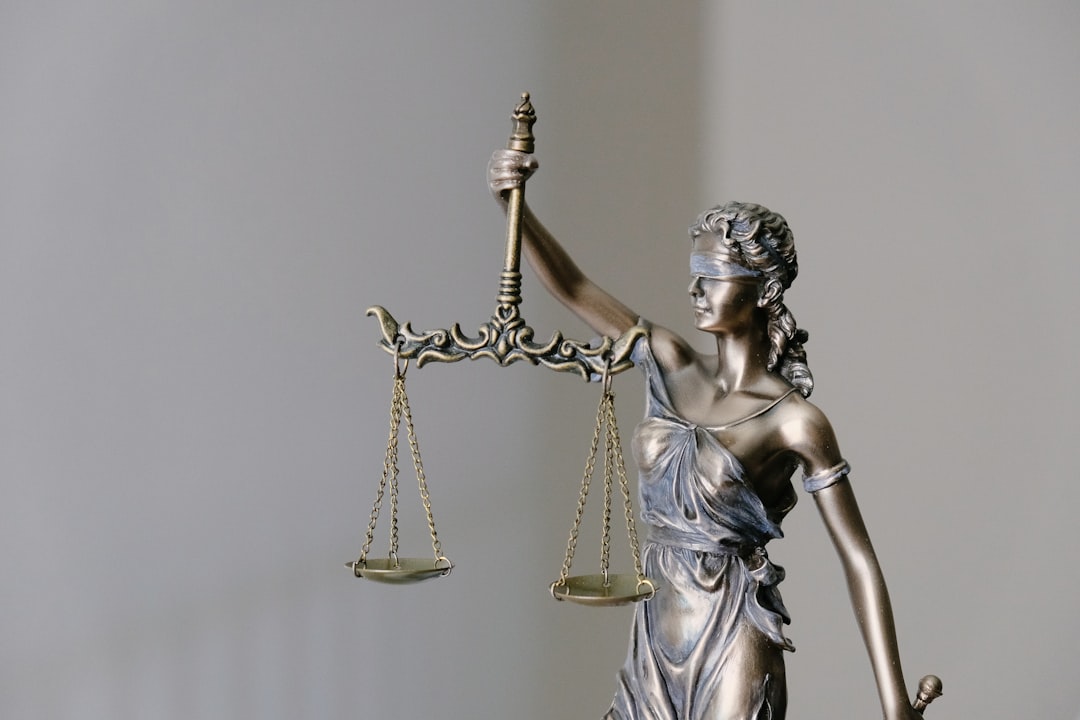Advanced digital forensics techniques play a vital role in aiding sexual assault cases in North Little Rock and across Arkansas. Experts extract data from devices to uncover online activities and social media interactions, providing critical evidence for law firms. These methods strengthen legal cases, offer survivors secure justice, and are essential under strict state laws, ensuring fair trials through scientifically validated evidence.
Digital forensics plays a pivotal role in sexual assault cases, particularly in North Little Rock. As technology advances, so do the tactics employed by investigators to uncover digital clues left behind. This article delves into the intricate methods used in sexual assault investigations, exploring how digital evidence is collected and analyzed. We also examine Arkansas’s sexual assault laws and the crucial support for victims provided by digital forensics, highlighting the importance of skilled Arkansas sexual assault law firms in navigating these complex cases.
Uncovering Digital Clues: Methods in Sexual Assault Cases

In the intricate landscape of digital forensics, North Little Rock sexual assault cases benefit from advanced techniques to uncover hidden digital clues. With the increasing prevalence of technology in our daily lives, digital evidence plays a pivotal role in these investigations. Forensics experts meticulously analyze electronic devices like smartphones, computers, and other connected appliances, seeking traces of malicious activities or incriminating communications related to the assault.
Methods employed include data extraction, where information is recovered from storage media, and internet history analysis, which can reveal online activity patterns and interactions. Additionally, social media forensics helps in understanding digital footprints left on various platforms, providing insights into potential suspects’ behavior before, during, and after the incident. Arkansas-based sexual assault law firms increasingly rely on these techniques to strengthen cases, ensuring justice for survivors and a more secure legal process.
Legal Implications: Arkansas Sexual Assault Law and Forensics

In Arkansas, digital forensics plays a pivotal role in sexual assault cases due to the state’s stringent laws targeting sexual offenses. The Arkansas Sexual Assault Law demands robust evidence collection and analysis to ensure just outcomes. Legal professionals, especially those from top sexual assault law firms in Arkansas, rely on digital forensics experts to uncover and preserve electronic evidence related to assaults. This includes mobile phones, computers, and social media accounts, which can hold crucial data that supports or refutes allegations.
Digital forensics techniques help investigate potential digital trails left by perpetrators, such as text messages, online activity, and metadata. These insights aid in reconstructing events, identifying suspects, and strengthening cases. Arkansas sexual assault law firms recognize the significance of these findings, ensuring their clients receive fair trials grounded in solid, scientifically validated evidence.
Supporting Justice: The Role of Forensics for Victims in North Little Rock

In the pursuit of justice, digital forensics plays a pivotal role in sexual assault cases in North Little Rock. For victims navigating the complex legal landscape, having access to advanced forensic techniques can be transformative. These methods allow for the extraction and analysis of digital evidence from various sources, including computers, smartphones, and social media platforms. By employing these strategies, sexual assault law firms in Arkansas can uncover hidden information that might otherwise go unnoticed.
For example, forensics experts can recover deleted files, trace online activity, and analyze digital communications to build a comprehensive case. This not only supports the prosecution’s efforts but also empowers victims by ensuring their stories are told accurately. With the help of these techniques, survivors can find solace knowing that every piece of relevant evidence is considered, potentially leading to more successful outcomes in legal proceedings against perpetrators.






